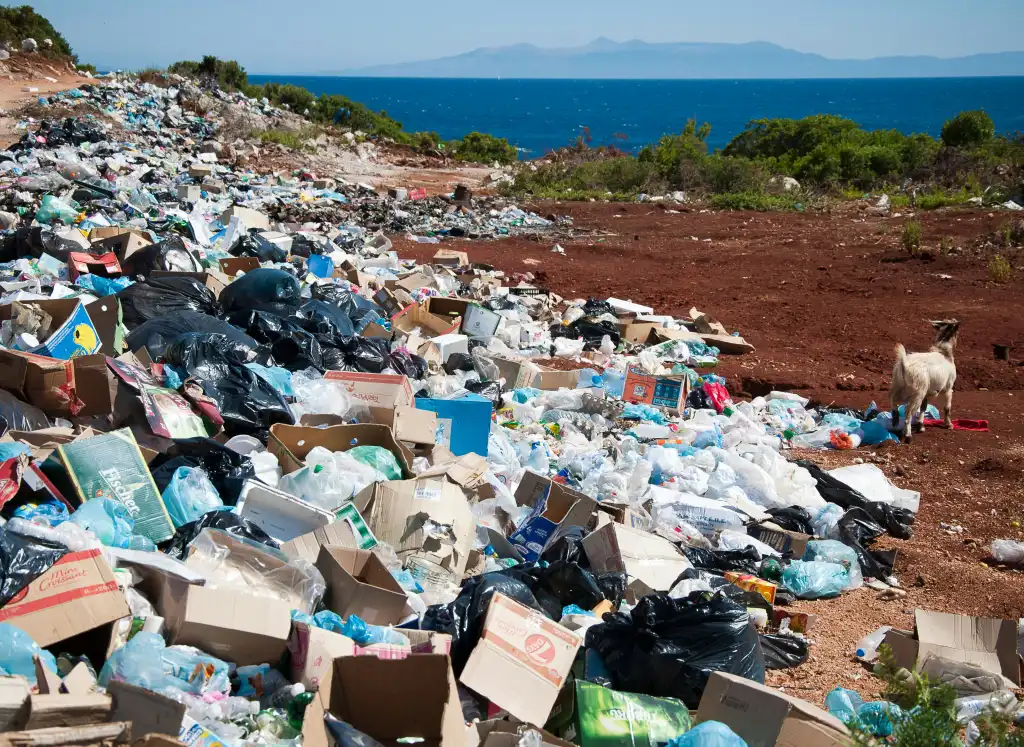New studies on PFAS: spread and health risks
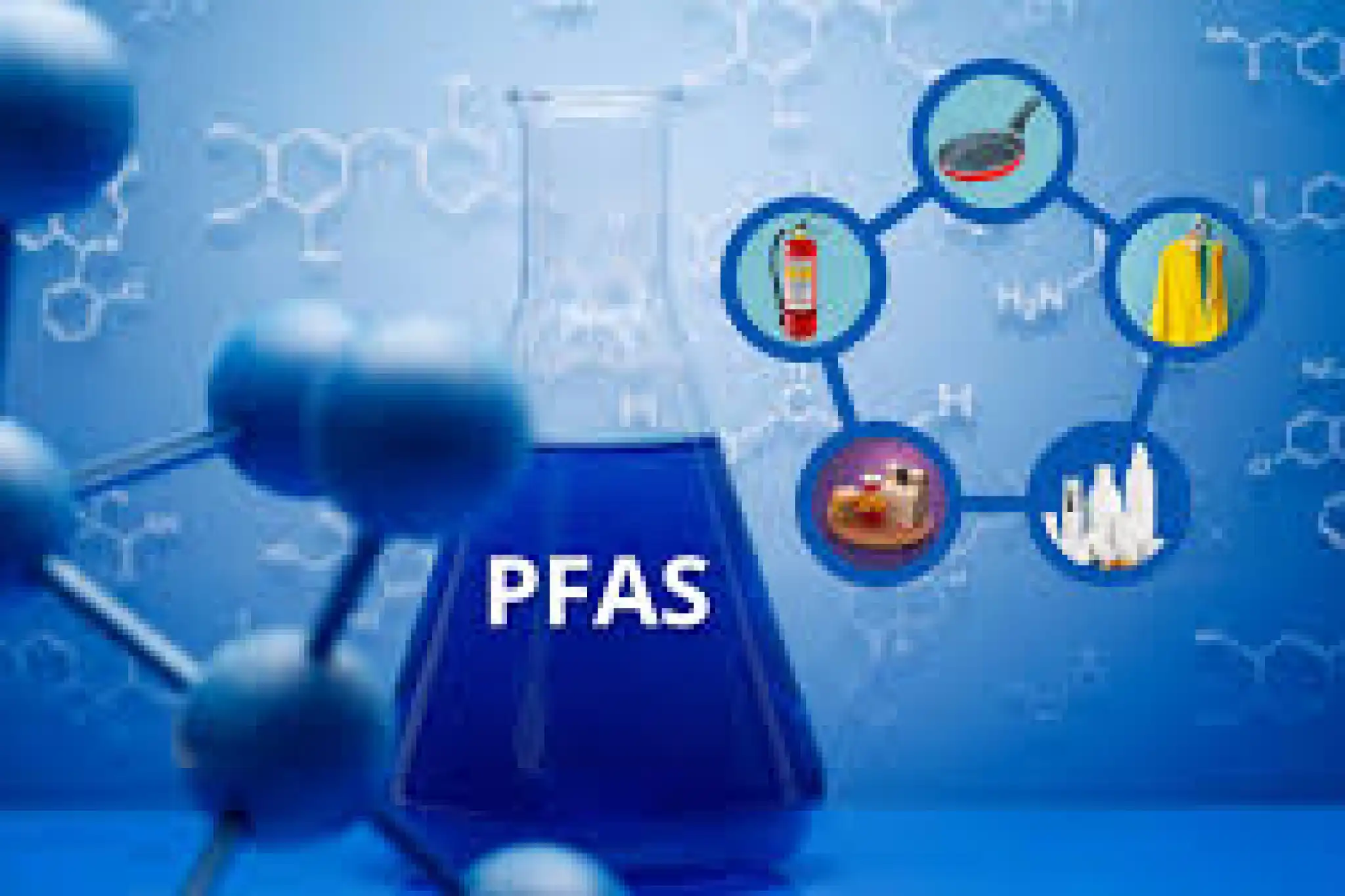
PFAS, the “forever chemicals”
Per- and polyfluoroalkyl substances (PFAS), introduced in the 1940s, are synthetic compounds known for their exceptional persistence. Used in non-stick pans, waterproof clothing, refrigerators and inhalers, they do not break down easily and accumulate in the environment and in our bodies. Today there are more than 10,000 types, creating what is now called “forever pollution”.
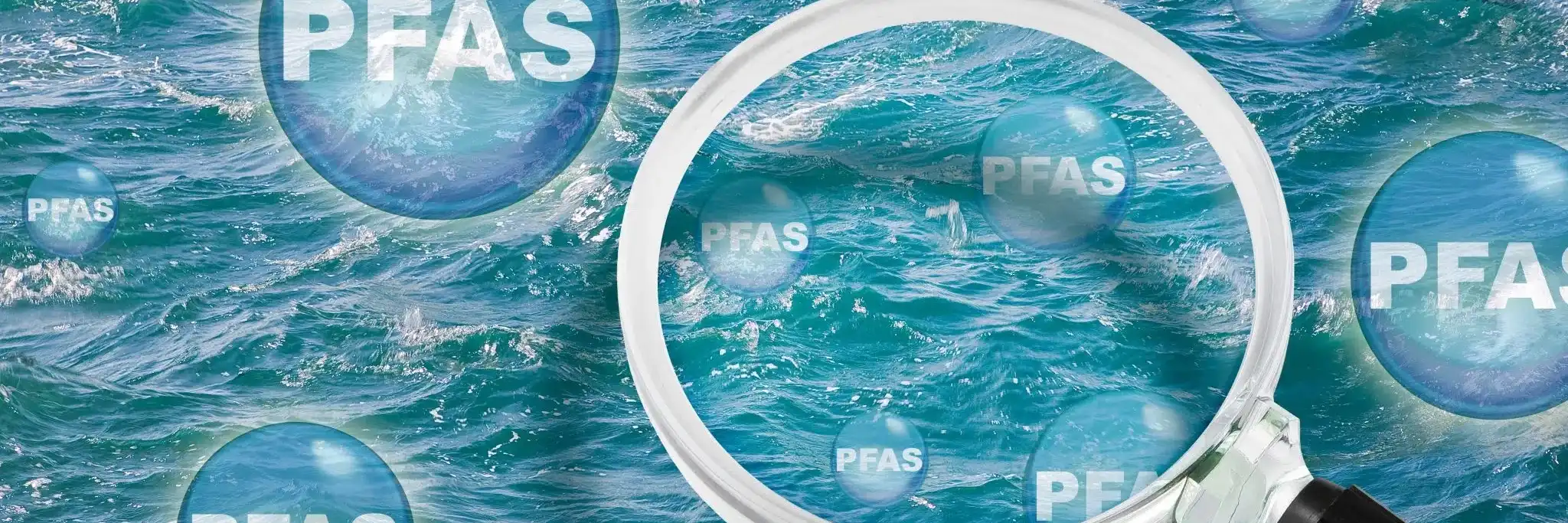
A widespread global problem
PFAS are linked to cancer, liver damage and hormonal disruption. They have been found in the blood of most people, with higher risks for those living near industrial or military sites. In the US, 45% of drinking water is contaminated; in France, traces were found in 30 cities. Greenpeace found PFAS in 79% of samples taken in 235 Italian cities. From 2026, the maximum threshold will be 100 ng/l in tap water.
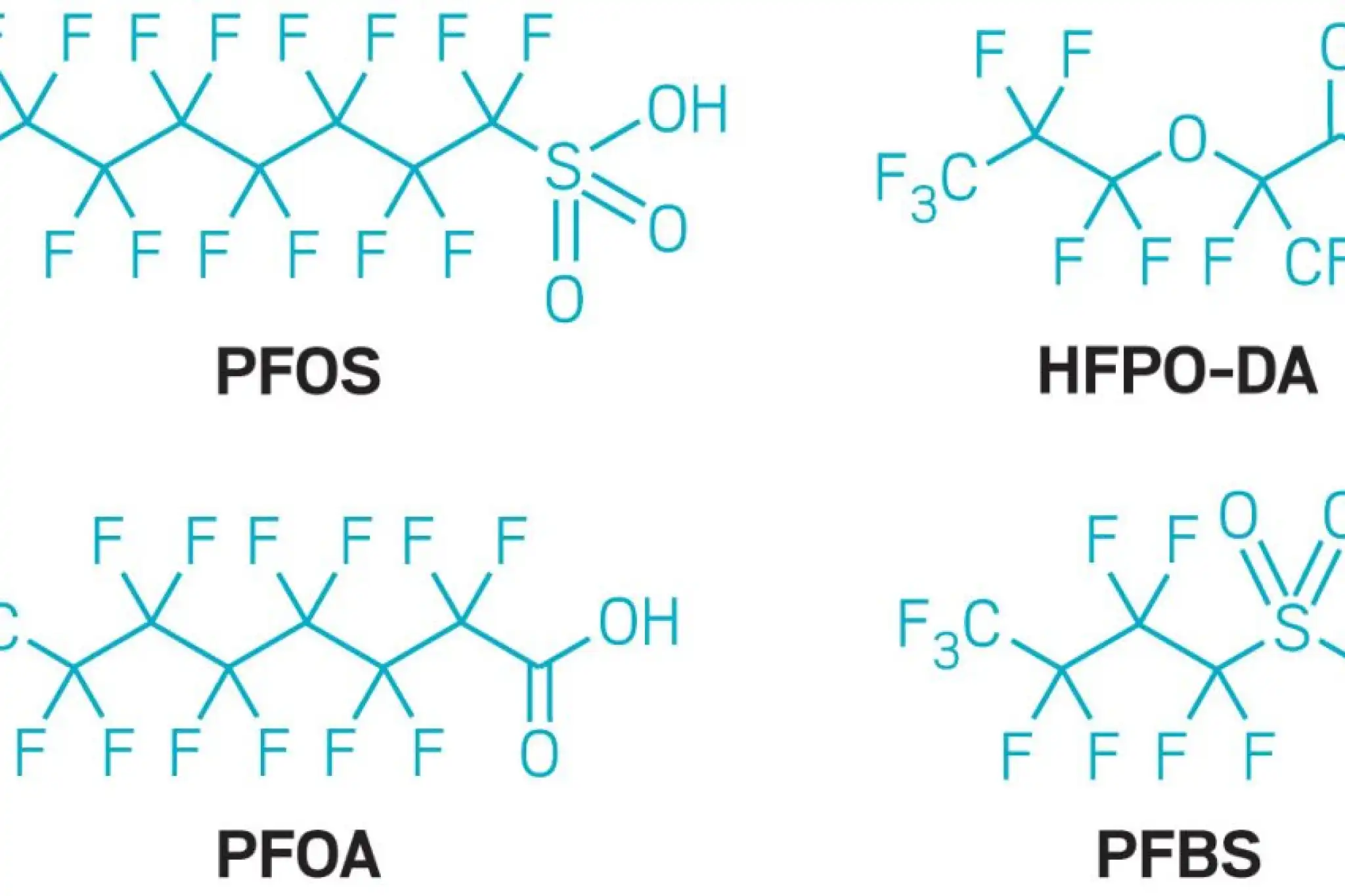
Research progress
Science is investigating ways to break down PFAS. Some bacteria (e.g. Acetobacterium spp. and Labrys portucalensis F11) show potential in biodegrading specific compounds. Other studies in Canada and the US explored dietary interventions and the damage to the liver and immune system. Despite advances, the chemical resistance of PFAS remains a major obstacle.
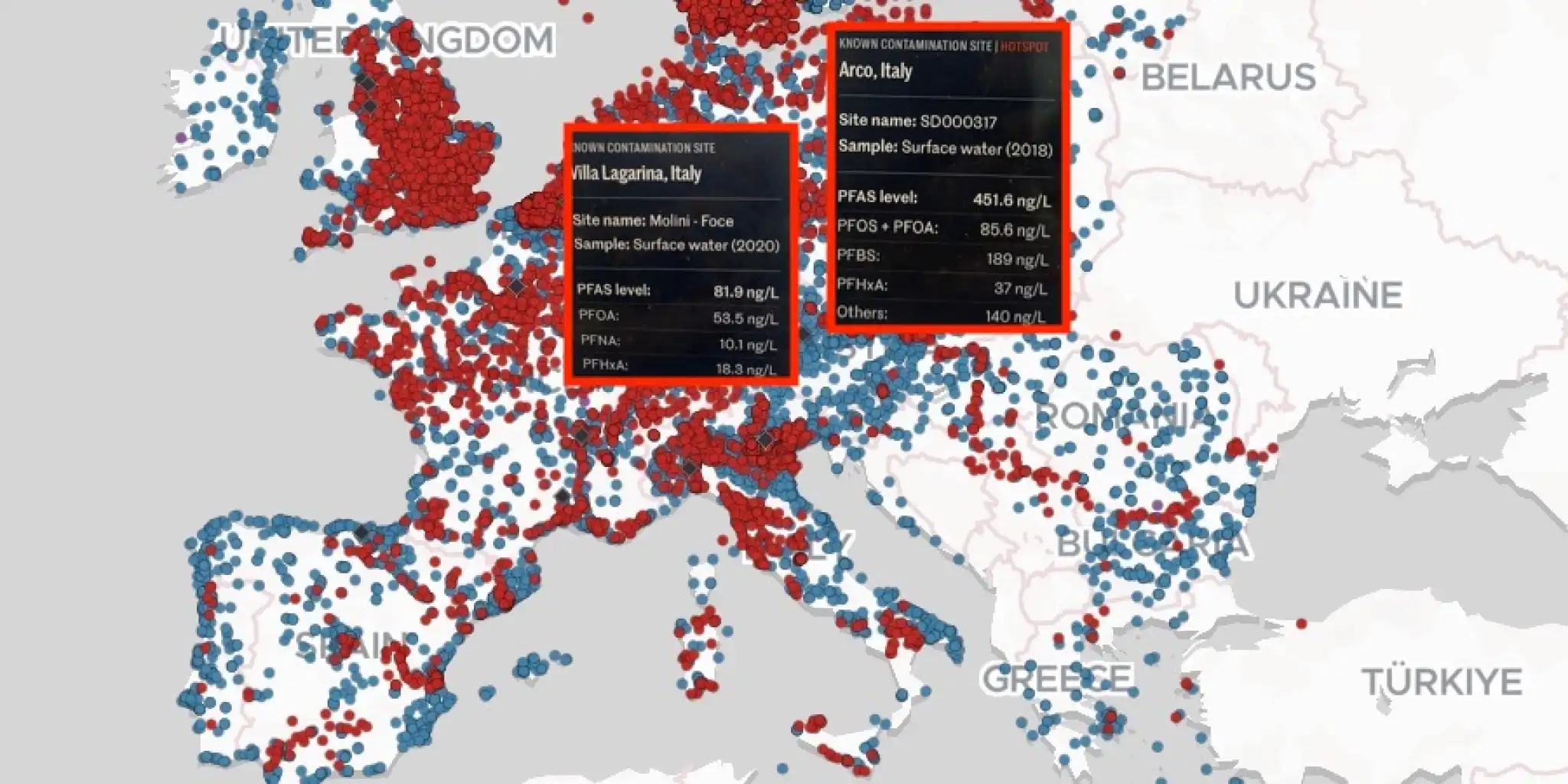
The pressure of the chemical industry
PFAS producers are exerting strong pressure on European institutions, funding favourable studies and intensifying lobbying. Companies such as Chemours (spun off from DuPont, maker of Teflon) have increased their Brussels lobbying budgets to weaken restrictions. Their tactics mirror those of the tobacco industry: scientific manipulation and regulatory obstruction.
The cross-border journalism project Forever Lobbying, coordinated by Le Monde, published an interactive map documenting PFAS contamination across Europe, providing valuable data for citizens and researchers.

A threat that demands action
PFAS are a global threat that cannot be addressed by consumers alone. Greater public awareness, political pressure and strict regulation are needed. Only through joint efforts can we “turn off the tap” of forever chemicals and safeguard health and the environment for future generations.

